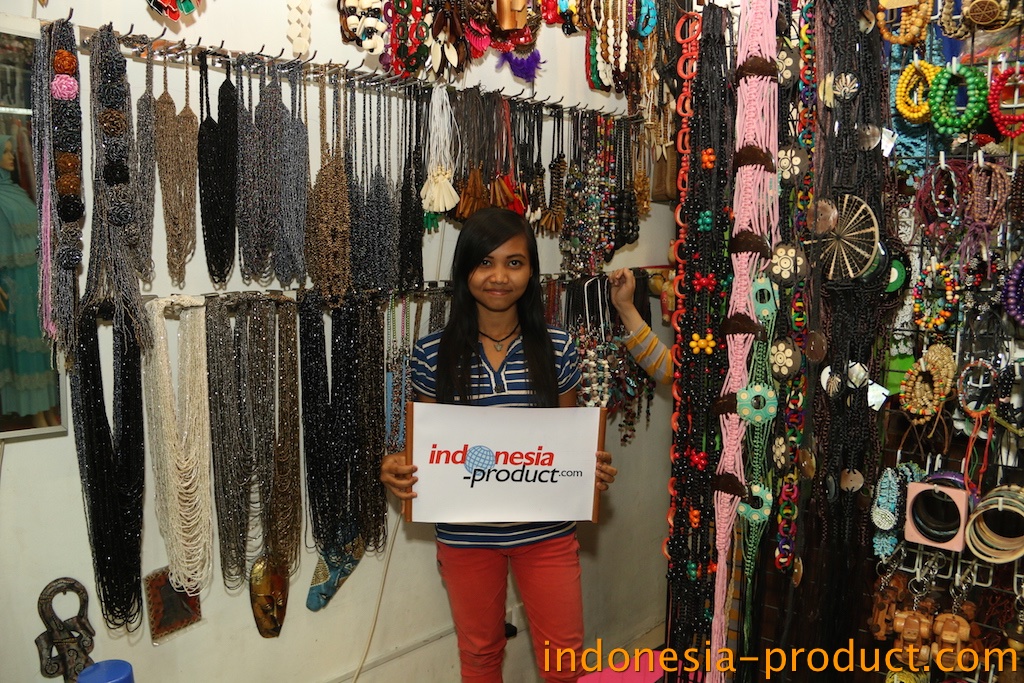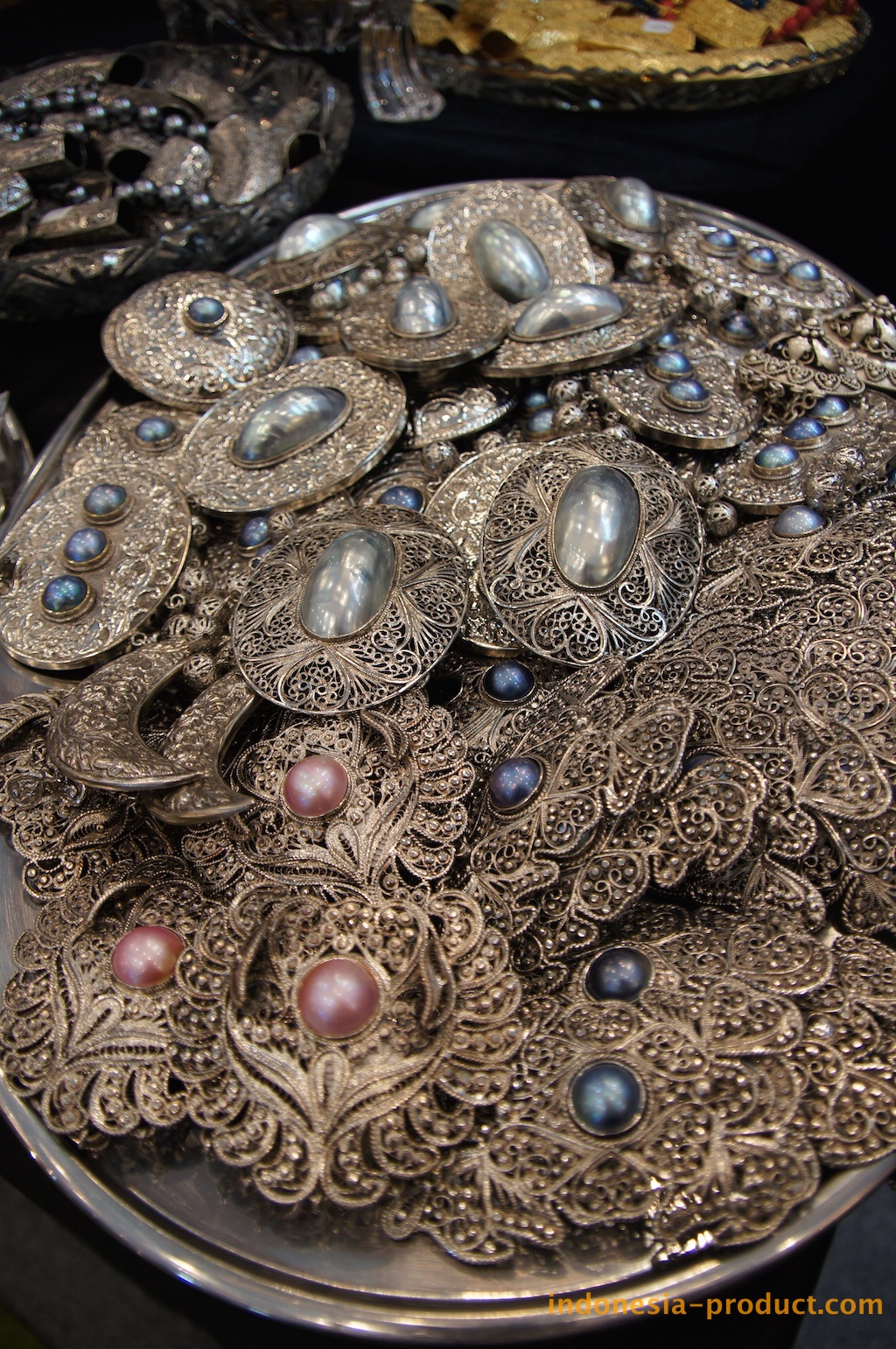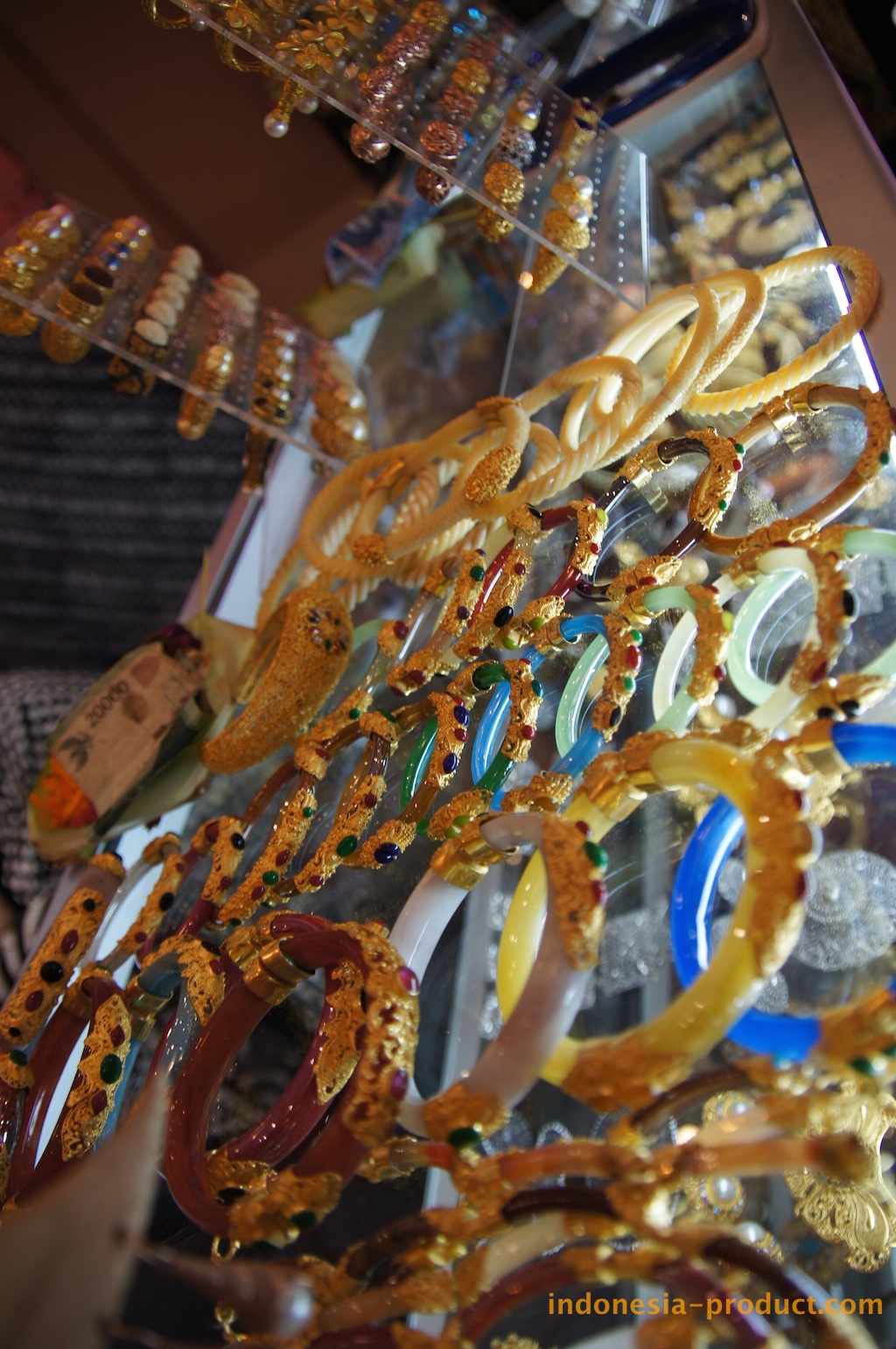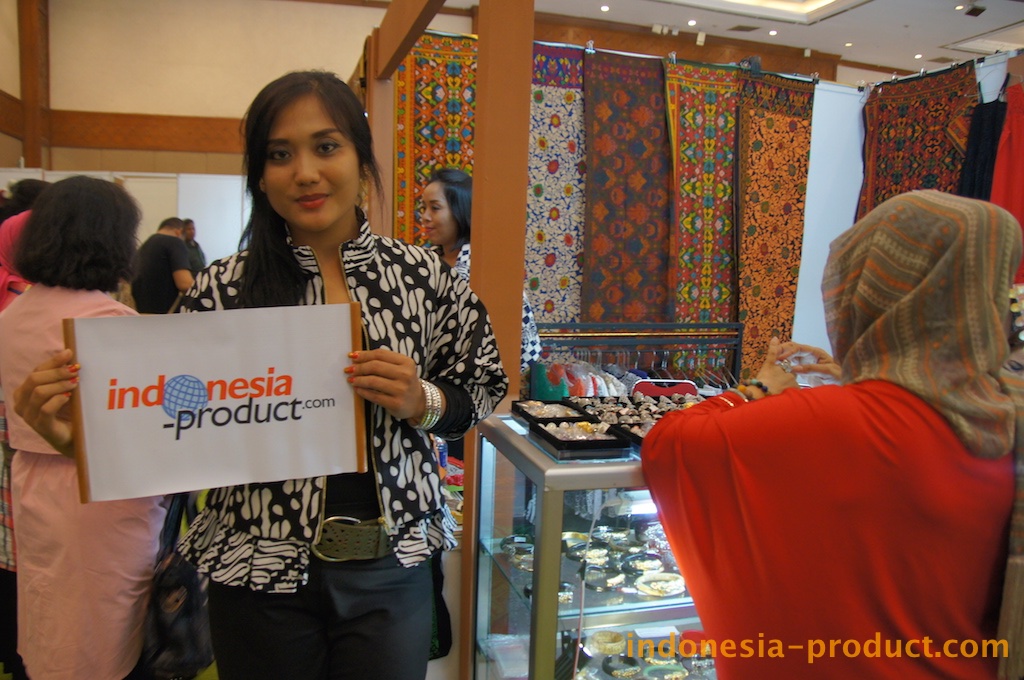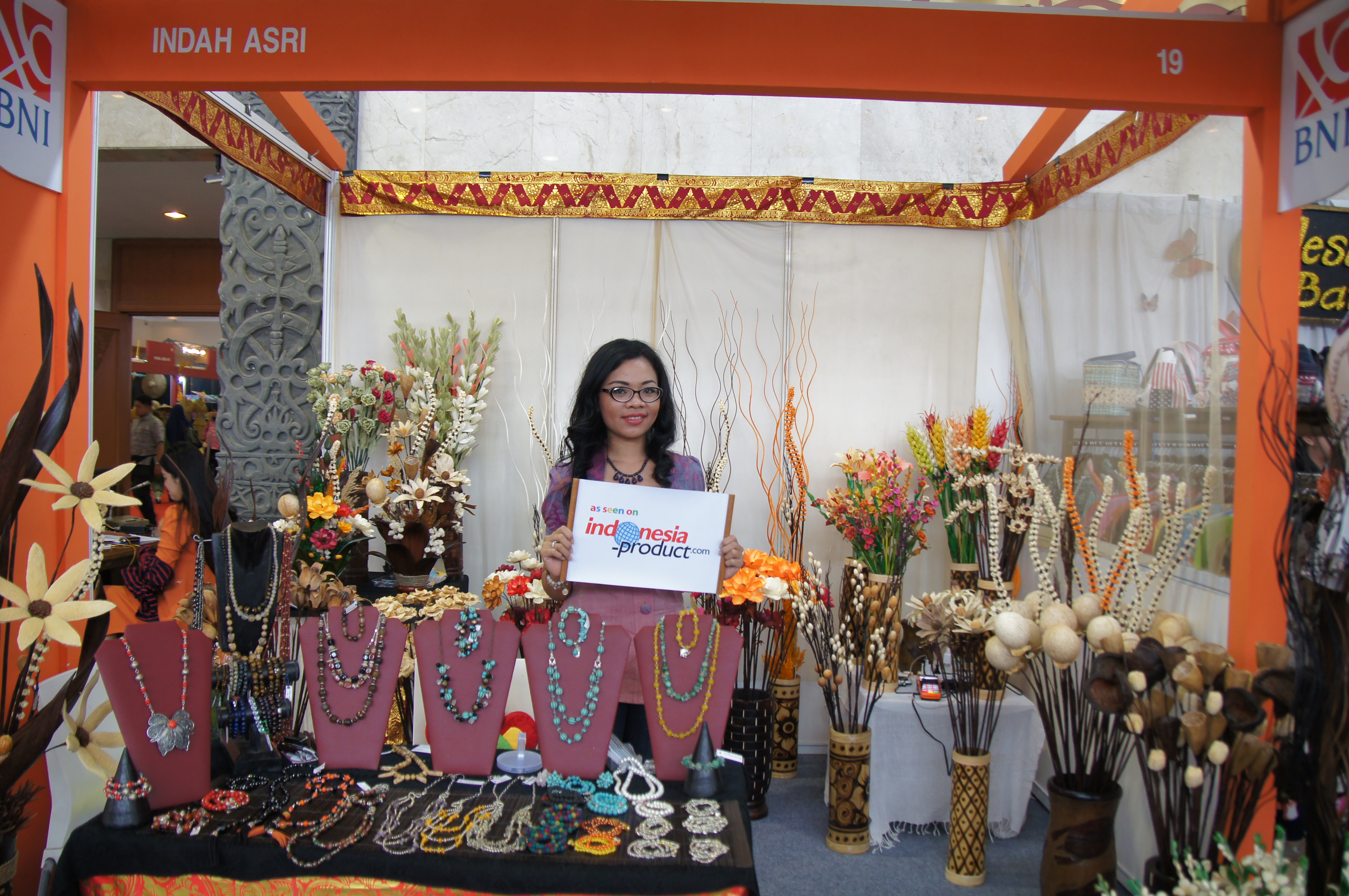Officials may ban toys, jewelry with lead
Gloucester Daily Times, USA
By Amy Rafferty , Correspondent
Gloucester Daily Times
BOSTON – Lawmakers and public health officials are moving to ban the sale of toys with dangerous levels of lead, following recent recalls of Chinese toy imports and test samplings that found children’s jewelry containing lead in 14 Bay State communities, including two in the Merrimack Valley.
Suzanne Condon, director of the state Bureau of Environmental Health, said six towns already at high risk of lead exposure have been identified as selling jewelry containing detectable lead.
They included Lawrence, Haverhill and Lynn. Also on the list were Boston, Brockton, Chelsea, Fall River, Fitchburg, Holyoke, Lowell, New Bedford, Springfield, Taunton and Worcester.
Health officials tested 79 randomly selected samples of toy jewelry from across Massachusetts. Of the innocuous-looking children’s necklaces, bracelets and rings bought from vending machines, one in 10 were found to contain enough lead to register in children’s blood levels.
The primary focus of the environmental health investigation was on toy jewelry from vending machines, much of it manufactured in China. However, Condon said, the bureau is widening its focus to include retail stores.
“We will be looking aggressively,” Condon said at a Department of Public Health hearing Wednesday.
Lead exposure can cause grave health consequences in children, including permanent neurological damage and, in some cases, death.
As a result, the proposed amendment to the current Massachusetts lead law would ban sales and transport of toy jewelry from the Internet, catalogs and stores, including any jewelry that is packaged specifically to attract children, even if it is not located in the children’s section of the store.
Under the proposed regulations, retailers could be fined $5,000 for each item of banned jewelry sold.
“Better controls need to be put into place,” Condon said. “We need to ensure that a product is destroyed if it is found to contain lead.”
Massachusetts is one of only five states in the country to require that children be screened for lead levels at ages 9 months and 12 months and annually up to the age of 4.
Children from high-risk communities such as Haverhill, Lawrence and Lynn are screened every six months until they are 3 years old and then annually until they are 6 years old.
“Young children aren’t just most likely to swallow products, they mouth things as well,” Condon said. She said if a child were to mouth a piece of jewelry for an hour a day for three months, their blood lead levels would increase.
Lucilia Prates Ramos, director of the Massachusetts Medicare/Medicaid Outreach and Education Program, expressed concern at the hearing that she had bought toy jewelry for her nieces. Condon said any parent worried about their children’s toy jewelry should discard it.
While no official order has been given to stores not to sell contaminated toy jewelry, Condon said, many stores are aware of the proposed ban. If the amendment is passed, environmental health officials will conduct more frequent random testing.
“We felt it was important to move forward to protect kids in Massachusetts,” Condon said.

